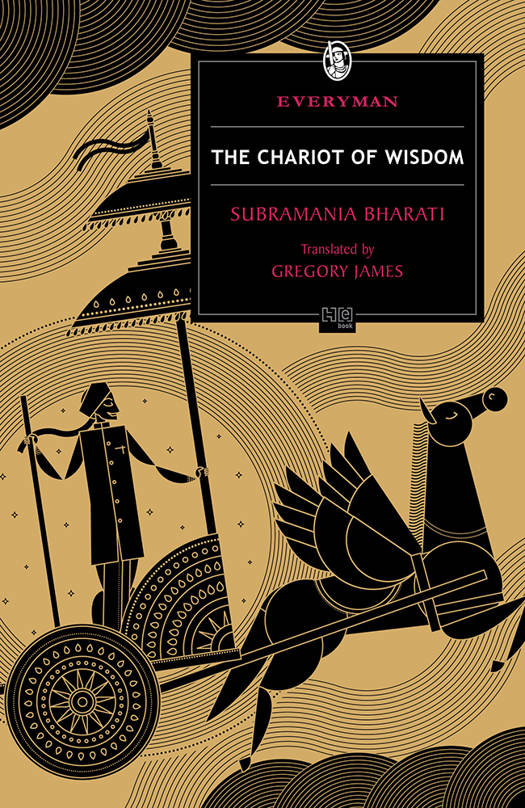
- Retrait gratuit dans votre magasin Club
- 7.000.000 titres dans notre catalogue
- Payer en toute sécurité
- Toujours un magasin près de chez vous
- Retrait gratuit dans votre magasin Club
- 7.000.0000 titres dans notre catalogue
- Payer en toute sécurité
- Toujours un magasin près de chez vous
Description
Breaking the constraints of style and imagery central to classical Tamil literature, Mahakavi C. Subramania Bharati (1882-1921) heralded a new era for the language by making it simpler, thereby encouraging a wider readership. His prodigious contribution to the writings of his homeland - done while in exile during a tumultuous time in the nation's freedom movement - has since propelled his stature to that of a revered literary figure in the subcontinent.
In The Chariot of Wisdom, his only novella, a vexed journalist, plagued by material worries and the daily attrition of twentieth-century, British-occupied India, escapes into a daydream to realms mystical and unexplored. He navigates an imaginary chariot through The World of Tranquillity, The World of Pleasure, The World of Truth and The World of Dharma, and finds his values and ideals informing, competing and often contradicting one another. As his self-doubts deepen, he battles the notion that peace and happiness come at a price.
A critical examination of a colonized, afflicted civilization marred by corruption and greed, Bharati's pioneering work speaks to a morally wounded country through astute observations and lively humour. Translated with refined intellectual acuity by Gregory James, this modern classic - as timely today as it was a century ago - is a cleverly masked plea to the people of a distracted nation to rally together in pursuit of a just society.
Spécifications
Parties prenantes
- Auteur(s) :
- Traducteur(s):
- Editeur:
Contenu
- Langue:
- Anglais
Caractéristiques
- EAN:
- 9789393701855
- Date de parution :
- 24-05-23
- Format:
- Ebook
- Protection digitale:
- Adobe DRM
- Format numérique:
- ePub

Les avis
Nous publions uniquement les avis qui respectent les conditions requises. Consultez nos conditions pour les avis.






